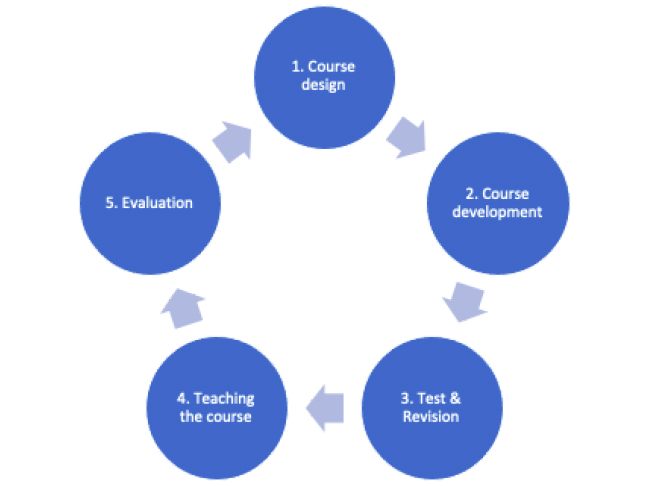Not 1, not 2 but 3 SPOCs have run since the last blog entry of Elevate Health. In this blog, we’ll browse through the course development and most importantly: tell you a bit more about the first evaluation results of the pilot phase.
Let’s start off with a short recap. Every H2020 INTEGRITY SPOC (Small Private Online Course) has the same structure, containing several learning units, and in each learning unit a specific topic is tackled. The students learn more about a specific topic by means of articles and/or videos, whilst building a personal portfolio with individual assignments, sharing their work with others and further expanding their assignments. They delve deeper into the materials and get a deeper understanding of the course content.



Leave a Reply